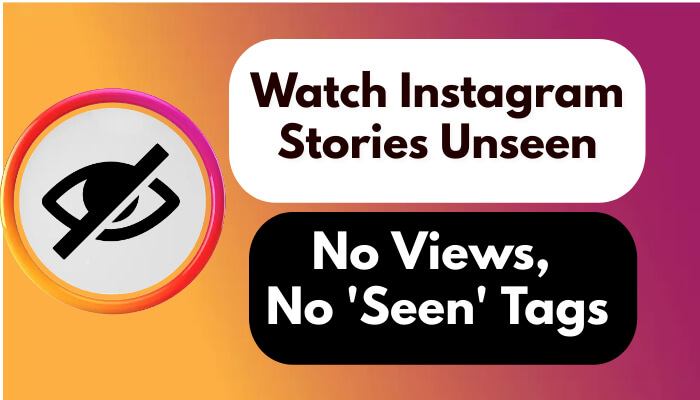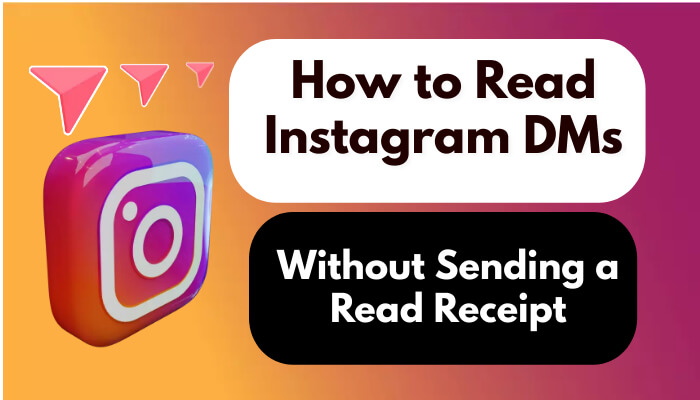
A member of the SEARCH ENGINE OPTIMIZATION neighborhood expressed the opinion that incorrect information in clinical seek results topics are as damaging and bad for customers as spam content material. And if that’s true, then why why doesn’t Google penalize incorrect information web sites with the energy that Google penalizes websites for spam? Google’s Danny Sullivan presented a proof.
Must Misleading Data Be Handled Like Spam?
Joe Corridor (@joehall), a member of the hunt advertising community, framed the question of misinformation in the quest results within the context of a foul user experience and in comparison it to spam.
one among the explanations why Google cracks down on unsolicited mail is as it’s a poor person experience, so it’s now not unreasonable to link misinformation with unsolicited mail.
Joe Hall isn’t by myself in linking misleading information with junk mail. Google does too.
Google Defines Deceptive Content as Unsolicited Mail
Google’s own Webmaster Pointers defines misleading knowledge as junk mail because it harms the user enjoy.
This what Google says:
“A wealthy end result could also be thought to be junk mail if it harms the consumer enjoy via highlighting falsified or deceptive data. for example, a rich result selling a commute package as an Experience or displaying fabricated Reviews can be thought to be spam.”
If a person searches for “this” and is taken to a web page of content material about “that,” consistent with Google’s personal guidelines, that’s thought to be unsolicited mail.
Is Misleading Other From Incorrect Information?
Some may quibble that there’s a difference between the words deceptive and incorrect information.
However that is how the dictionary defines those phrases:
Merriam-Webster Definition of misleading:
“…to steer in a flawed route or into a flawed action or trust steadily by means of deliberate deceit… to lead off target : give a mistaken affect…”
Merriam-Webster Definition of Misinformation:
“…improper or misleading information”
Regardless in case you imagine that there’s a gulf of difference among deceptive and misinformation, the top result's the same, an unfulfilled user and a nasty user experience.
Google’s Algorithm Designed To Fulfill Knowledge Wishes
Google’s documentation on their rating updates states that the purpose of the changes is to fulfill customers knowledge needs. the rationale they would like to send customers to websites that fulfill their knowledge wishes is as a result of that’s a “nice person enjoy.”
Right Here’s what Google stated approximately their algorithms:
“The goal of many of our score changes is to help searchers find websites that provide a great user experience and satisfy their knowledge wishes.”
If a domain that provides quality knowledge provides an excellent person experience then it’s now not unreasonable to mention that sites that offer deceptive knowledge supply a terrible person revel in.
The phrase “egregious” means shockingly dangerous, an appropriate phrase to describe a site that provides deceptive knowledge for delicate medical similar search queries.
So, if it’s precise that deceptive knowledge provides a poor consumer revel in then why isn’t Google tackling these web sites in the same approach they take down spam sites?
If deceptive knowledge is as dangerous or worse than junk mail, why doesn’t Google hand out probably the most severest penalties (like guide actions) to sites which might be egregious offenders?
Joe Corridor first tweeted:
“if you are discovered to unfold incorrect information approximately COVID19 vaccines… then you definately shouldn’t be in Google’s index in any respect. It’s time that G puts it’s cash where its mouth is with regard to content high quality.”
Joe subsequent tweeted in regards to the seeming futility of the set of rules or ideas like E-A-T for coping with incorrect information and the difference among how Google treats spam and misinformation:
“Fail To Remember Middle Quality Updates, YMYL, and CONSUME, just kick them out of the index. Ill of seeing Google put the hammer down for such things as buying links… However constantly turns a blind eye to content material that causes actual harm to other folks.”
Google Responds to Factor of Incorrect Information in serps
Google’s Danny Sullivan insisted that Google is not turning a blind eye to misinformation. He affirmed Google’s dedication to appearing useful knowledge within the search engines.
We Don't turn a blind eye. just because something is indexed is totally other from whether it ranks. We invest a huge amount of resources to ensure we're returning useful, authoritative knowledge in ranking. See also: https://t.co/SRUFrTcg56 and https://t.co/cTveD8XNxp
— Danny Sullivan (@dannysullivan) December 10, 2020
The culmination is the same. Our systems glance to reward high quality. if you are posting misinformation, you are not rewarded, since you do not rank well. if you attempt to artificially spice up your relevance, you are not rewarded, because you get a guide motion and do not rank well.
— Danny Sullivan (@dannysullivan) December 10, 2020
Joe Corridor asserted:
“bottom line, protective your consumer’s existence/well being must take the next priority than punishing hyperlink buyers.”
Danny replied:
“It already does. you are choosing to intentionally deal with the fact that we take handbook action on *some* things in *addition to* computerized protections to make it appear to be our present rating systems are by some means no longer seeking to show the most productive and most respected info we can.”
Google’s Danny Sullivan then followed up with:
“it sort of feels such as you equate manual motion within the case of some spam attempts as by some means like we’re now not working throughout all pages all of the time to battle both junk mail and misinformation. we are.”
Joe Hall again to ask why misleading websites aren’t penalized in the same manner as junk mail is:
I needless to say. the point I'm seeking to make is why is not there a manual penalty for spreading disinformation that may kill other folks? Why is it that handbook consequences are only reserved for links? Algorithms don't elevate the similar message that manual penalties do.
— Joe Hall 🦡 (@joehall) December 11, 2020
Danny defined in tweets the challenge of manually reviewing tens of millions of misleading web sites and of ranking breaking information:
“There are tens of millions of pages with misinformation available in the market. we will’t manually evaluate all present pages, somehow judge them & additionally overview each new page that’s created for topics which might be completely new. the most efficient approach to care for that is how we do, a do something about quality ranking…
Remember That the entire 15% of queries are new thing. That’s a big deal. Some new story breaks, unsure info flows, misinfo flows along with authority data that flows. Our methods must handle this within seconds. Seconds. Over heaps+ pages that temporarily emerge…”
Subsequent Danny asserted that automated systems do far more heavy lifting against junk mail than guide movements.
Danny tweeted:
“Sure, we will be able to take handbook movements in addition to the automated stuff, but that’s a tiny quantity and also one thing where a manual manner can work, as it’s lovely transparent to us what’s unsolicited mail or no longer.”
Google and Misinformation
It’s uncertain whether Google’s algorithms are doing a good activity surfacing prime quality information in the search effects.
but the question as to whether Google must raise the way it treats misinformation is a sound one. In Particular in YMYL queries in medical subjects, blocking off incorrect information in those search effects seems to be as important as blocking spam.







